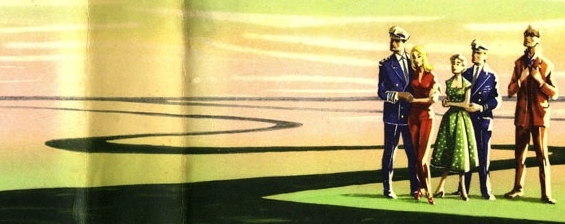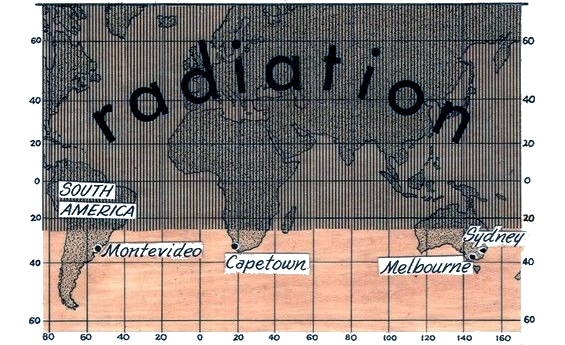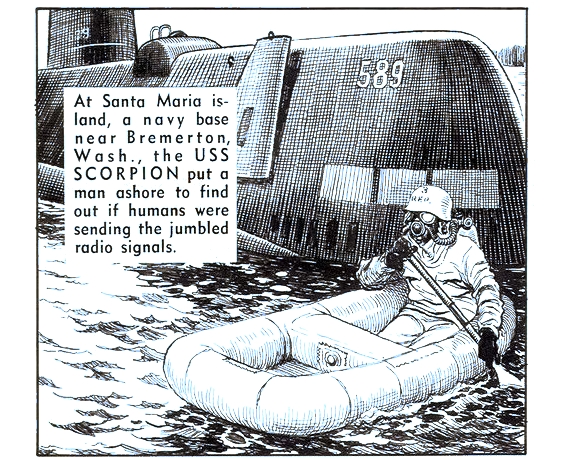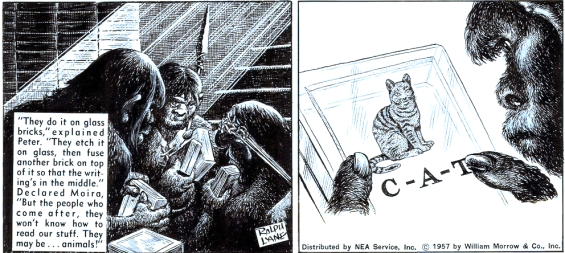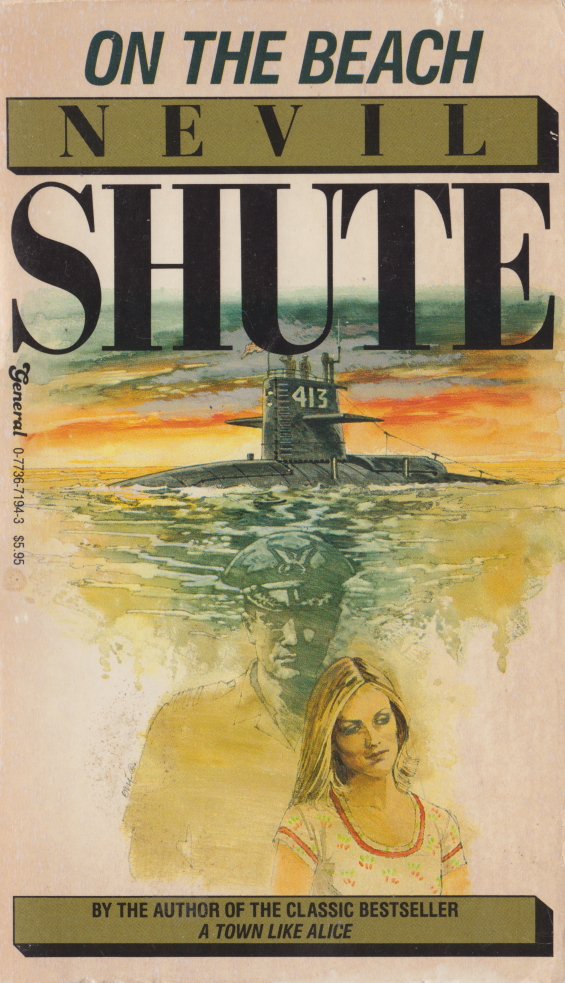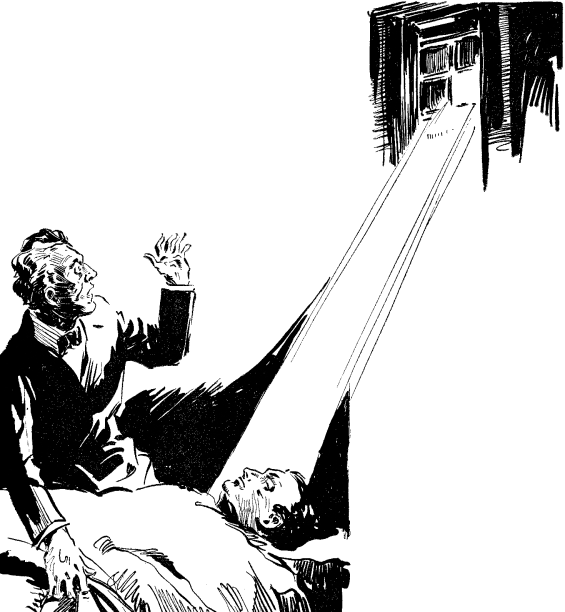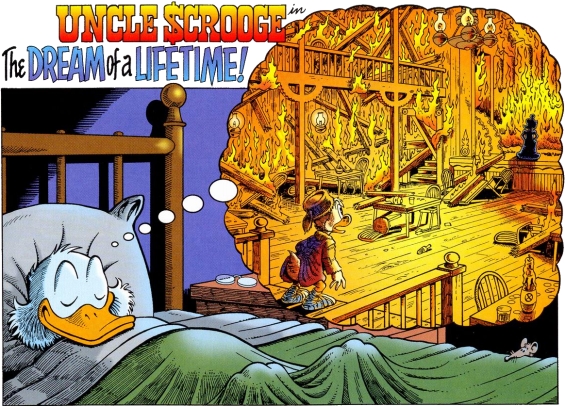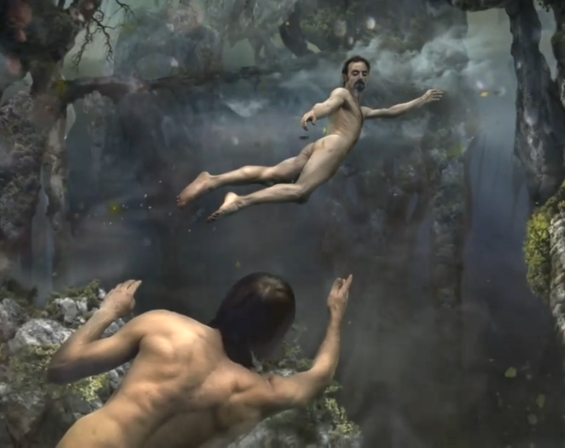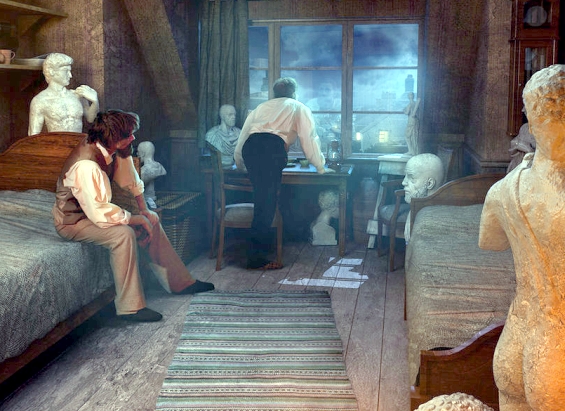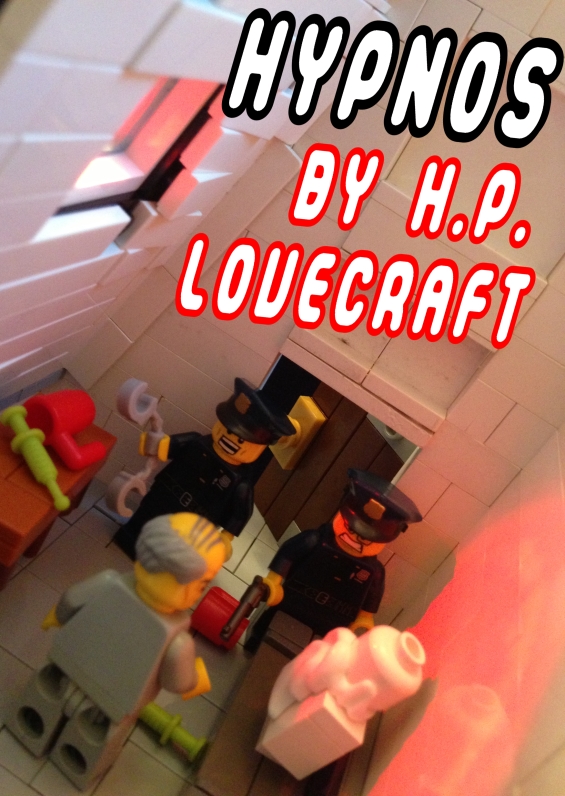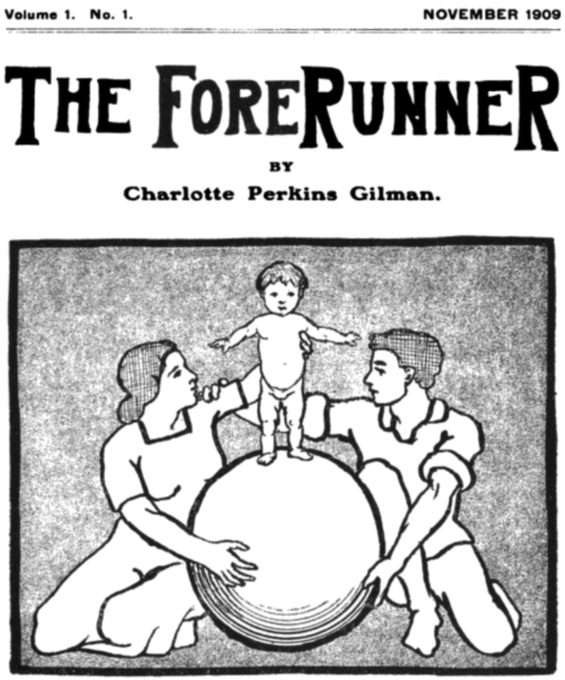
 The SFFaudio Podcast #248 – Goliah by Jack London; read by Gregg Margarite. This is a complete and unabridged reading of the short story (57 minutes) followed by a discussion of it. Participants in the discussion include Jesse, Bryan Alexander, Seth, and Maissa Bessada
The SFFaudio Podcast #248 – Goliah by Jack London; read by Gregg Margarite. This is a complete and unabridged reading of the short story (57 minutes) followed by a discussion of it. Participants in the discussion include Jesse, Bryan Alexander, Seth, and Maissa Bessada
Talked about on today’s show:
Colossus: The Forbin Project; title’s reference to biblical Goliath; story’s title a reference to the famous Pacific steam ship; colonial capitalism; the story’s Gilded Age context; child labor; Eugene Debs and American socialism; Karl Marx; Thomas Hobbes’s Leviathan; the story’s fictional energon evocative of Transformers energon; Nikola Tesla; Goliah has a palantir; Goliah as Santa Claus; the story’s invented island Palgrave in the South Sea; parallels to London’s other speculative fiction including The Iron Heel; the story’s unreliable narrator; Asgard; origin stories and foundation myths; nineteenth-century racism rears its ugly head again; Übermenschen; contempt for military and militarism; The Unparalleled Invasion; Seth works too hard; the theoretical increase of productivity through automation; 1984; Twilight casting a sparkly shadow over modern culture; Edward Bellamy’s Looking Backward as a possible influence; Karl Marx’s German Ideology; the importance of laughter; Herland; the story as a response to nihilism; similarities between Guy de Maupassant and Friedrich Nietzsche; The Scarlet Plague; Canticle for Leibowitz; the medieval investiture controversy; animal metaphors in Goliah; accurate predictions of World War I; structural similarity to the Book of Job; “you don’t get a lot of laughter in the Old Testament”; Arslan by M.J. Engh; The Bookman literary magazine; It’s a Good Life by Jerome Bixby; steampunk by tag cloud; we make a dismal attempt at discussing the Stock Market; the dark underbelly of Goliah’s utopia; the unrealistic perpetuation of a utopia; Autofac and Pay for the Printer by Philip K. Dick; With Folded Hands by Jack Williamson; Star Trek: The Next Generation; Lenin’s dying wish; Jules Verne; Goliah relinquishing power; Hot Fuzz; more on the palantir and the NSA; “grumblers grumble”; attitudes toward the criminally insane; “Goliah has spoken”; nukes not MOOCs; Cuban Missile Crisis; Douglas MacArthur biography American Caesar by William Manchester; Doctor Who episode “The Happiness Patrol”; Japanese Manga Death Note; the “bread and roses” U.S. labor strike contemporary with Jack London; the Pax Romana; The Better Angels of Our Nature by Stephen Pinker, a discourse on lethal violence; the Franco-Prussian War; Earle Labor’s Jack London: An American Life available in audio.
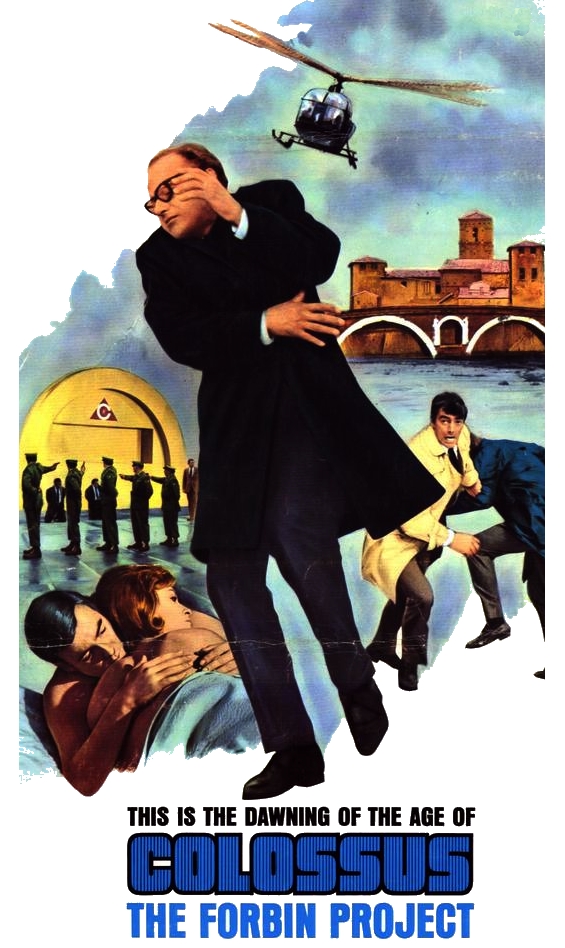
Posted by Jesse Willis
